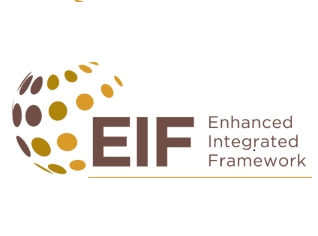
Lesotho: Empowerment of public and private stakeholders on the implementation of NES Roadmap
Overview
Summary
Lesotho is a Least Developed Country with a relatively small and concentrated export basket. Some of the constraints affecting its private sector include: lack of adequate infrastructure and productive capacity, difficulties to navigate the complexity of foreign market requirements, difficulties to identify the opportunities offered by existing trade agreements, limited managerial capabilities, little technological innovation, and limited access to key inputs and market intelligence. All of these constraints impact the country’s ability to compete in global markets and hinder the government’s priorities to create jobs with a focus on youth and women as well as economic growth through enhanced trade competitiveness. The Government of Lesotho, through the Ministry of Trade and Industry (MTI), has formulated its 2021-25 National Export Strategy (NES) Roadmap. The NES Roadmap acts as a blueprint for the Government, the private sector and development partners in their joint effort to support Micro, Small and Medium Enterprises (MSMEs) and to expand the trade competitiveness of the country. The NES Roadmap provides a prioritized plan of action with specific activities to support exporting MSMEs at the national level in three strategic sectors: horticulture, textiles and apparel, as well as light industry. The implementation of these activities will help Lesotho to seize existing trade opportunities. The Government of Lesotho has requested ITC to lead in the design of project(s) to support the implementation of the NES Roadmap. The bankable project proposal to be developed should take into consideration the recommendations of Lesotho’s National Trade Policy Framework and the strategic and operational objectives of the NES Roadmap both at the national and sector levels. Indeed, such objectives will pay singular attention to post-pandemic recovery of MSMEs that were affected by the COVID19 global health crisis.








